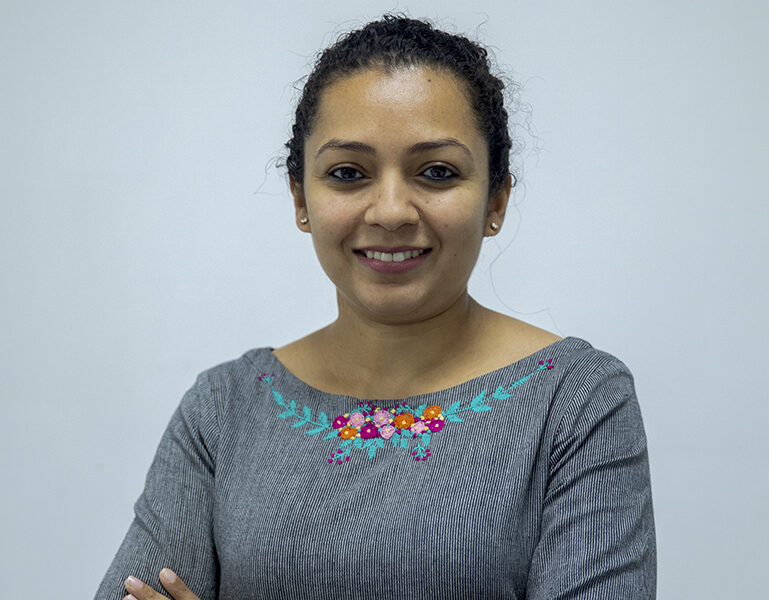Entrepreneurs
Revolutionizing Seed Funding: Anjali Sosale’s Fast Forward Initiative

In the ever-evolving landscape of start-up funding, the journey from ideation to securing the crucial first seed cheque has often been marred by challenges. Entrepreneurs face a conundrum where they crave speed, yet traditional venture capital (VC) processes, especially at the seed stage, tend to be lengthy and cumbersome. Recognizing this pain point, Anjali Sosale, a partner at WaterBridge Ventures, has pioneered a groundbreaking initiative named ‘Fast Forward,’ aimed at transforming the seed funding experience for budding entrepreneurs.
Fast Forward stands out as a one-of-its-kind seed funding program, designed to address the specific needs and challenges faced by early-stage startups. Sosale, with her team at WaterBridge Ventures, delved into the intricacies of the startup funding ecosystem, particularly the seed stage. The program is a direct response to the common grievances expressed by founders about the time-consuming and often indecisive nature of dealing with institutional VCs.
The hallmark of Fast Forward is its emphasis on speed, a critical factor for startups in their nascent stages. In a departure from the norm, where the funding process can be protracted, Fast Forward promises a rapid timeline. Digital applications for seed funding receive responses within a week, term sheets are delivered within 14 days, and funding is finalized within 30 days. This swift and transparent approach addresses the immediate needs of startups, providing them with the vital lifeline of capital at a pace that aligns with the fast-paced nature of their operations.
What sets Fast Forward apart is its collaborative model. The initiative brings together a consortium of 15 VCs from various funds, including Ankur Capital, Enzia, Eximius, Inflection Point, Multiply, and Spiral Ventures. WaterBridge Ventures takes the lead as the primary investor, offering up to $500,000. Other participating VCs contribute additional capital, enabling startups to raise larger and faster-scale rounds. This collaborative approach not only streamlines the funding process but also provides a diversified pool of resources and expertise for the start-ups.
A standout feature of Fast Forward is its commitment to efficiency and transparency. The program simplifies the application process by allowing founders to pitch to all 15 VCs through a single online application. This streamlined approach eliminates redundancy and expedites the evaluation process. The term sheet is uploaded transparently on the site, ensuring clarity in terms and conditions. Such transparency is crucial for founders, who seek fair and upfront terms in their engagements with VCs.
Sosale and her team engaged with founders to glean insights into their experiences with seed funding. Three key takeaways emerged. Firstly, founders emphasized the importance of time efficiency in the funding process. Fast Forward addresses this by respecting founder time and ensuring a swift decision-making process. Secondly, founders sought fairness in terms and conditions, with a demand for transparency and upfront disclosures. Fast Forward responds to this need with a commitment to clear and honest communication. Lastly, founders questioned the value-add beyond seed capital, prompting the program to focus on providing comprehensive support for early-stage ideas and founders.
Investing at the seed stage is inherently risky, often relying on little more than the entrepreneurial vision. Sosale acknowledges this, describing the seed stage as a phase where startups lack revenue, a substantial customer base, or measurable business metrics. Fast Forward embraces this risk, aiming to form a view on three critical aspects: the founding team, founder-market fit, and the startup’s approach. By doing so, WaterBridge Ventures aims to play a pivotal role in helping startups navigate the critical first 12 to 18 months of their journey.
While the overall funding ecosystem in India is witnessing an influx of capital, Sosale emphasizes the need for greater institutionalization of capital at the seed stage. Currently, less than 25 percent of seed stage funding in India is institutionalized, in contrast to 75 percent in the United States. This institutionalization is seen as essential for maturing the ecosystem, increasing the chances of success for early-stage startups, and fostering a healthy cycle of learning, iteration, failure, and success.
With a commitment to inclusivity, Fast Forward does not exhibit positive or negative biases based on gender. While WaterBridge Ventures actively supports women founders, the current ecosystem’s size limits the creation of a dedicated seed fund for women entrepreneurs. However, initiatives are in place to provide feedback and support to female-founder-led companies.
